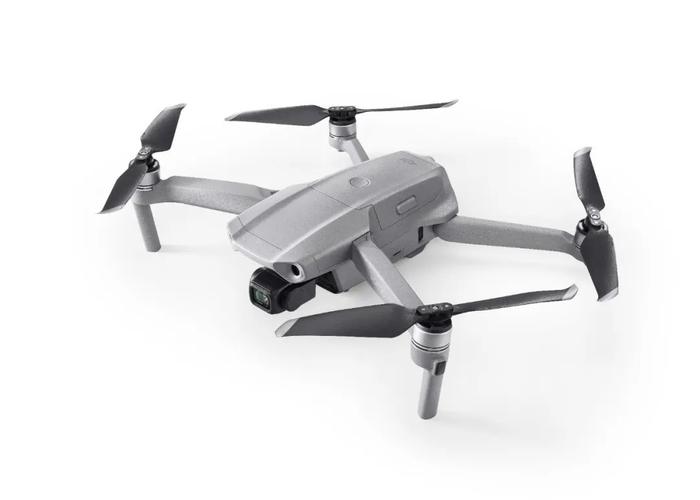In recent years, the landscape of surveillance technology has undergone a remarkable transformation, largely buoyed by advancements in spy drones . These unmanned aircraft have moved beyond traditional reconnaissance roles and are now pivotal players in various sectors such as security, research, and even environmental monitoring. The evolving world of spy drones brings forth exciting possibilities for future applications, sparking both interest and concern.
. These unmanned aircraft have moved beyond traditional reconnaissance roles and are now pivotal players in various sectors such as security, research, and even environmental monitoring. The evolving world of spy drones brings forth exciting possibilities for future applications, sparking both interest and concern.
Technological Innovations in Spy Drones
As technology continues to evolve, spy drones are becoming more sophisticated. Innovations include enhanced sensor arrays capable of capturing high-resolution images and videos, even in low-light conditions. This breakthrough allows for extended surveillance capabilities and improved accuracy in data gathering. Additionally, the integration of AI into drone systems now enables spy drones to conduct autonomous missions, navigate complex environments and identify anomalies with minimal human intervention.
- Advanced Cameras: Equipped with night vision and thermal imaging.
- Artificial Intelligence: Facilitates autonomous operation and decision-making.
- Miniaturization: Allows drones to go unnoticed in urban and rural settings.
Applications Across Various Industries
Spy drones have found applications across a multitude of industries. In the realm of security, they are invaluable in border surveillance, crowd monitoring, and emergency response scenarios. For instance, during natural disasters, drones can quickly assess damage and locate individuals in need of assistance.
Environmental science also benefits from drone technology. Researchers employ drones to track wildlife populations, study geographical changes, and gather vital climate data. These efforts help scientists understand environmental shifts and develop strategies to combat climate change.
Furthermore, the commercial sector is not left behind. Businesses leverage drones for infrastructure inspections, ensuring safety and efficiency in operation. They also serve in agriculture, assisting farmers with precision farming techniques that enhance yield and resource management.
Challenges and Ethical Considerations
While spy drones offer numerous benefits, they present challenges, predominantly centered around privacy concerns and ethical usage. The potential for misuse is significant, leading to debates on regulation and governance. Maintaining a balance between technological benefit and ethical responsibility remains a critical discourse.
The deployment of spy drones must consider data protection laws and privacy rights. It is essential for policymakers to craft regulations that safeguard personal liberties while allowing for technological innovation.
- How are spy drones used in agriculture?
- Spy drones assist farmers with crop monitoring, irrigation management, and soil analysis, optimizing yields and reducing resource waste.
- What are the privacy concerns associated with spy drones?
- They include unauthorized surveillance and data collection, necessitating robust policies for individuals’ privacy protection.
- What future innovations can we expect for spy drones?
- Developments may include improved AI capabilities, longer flight durations, and enhanced stealth operations.